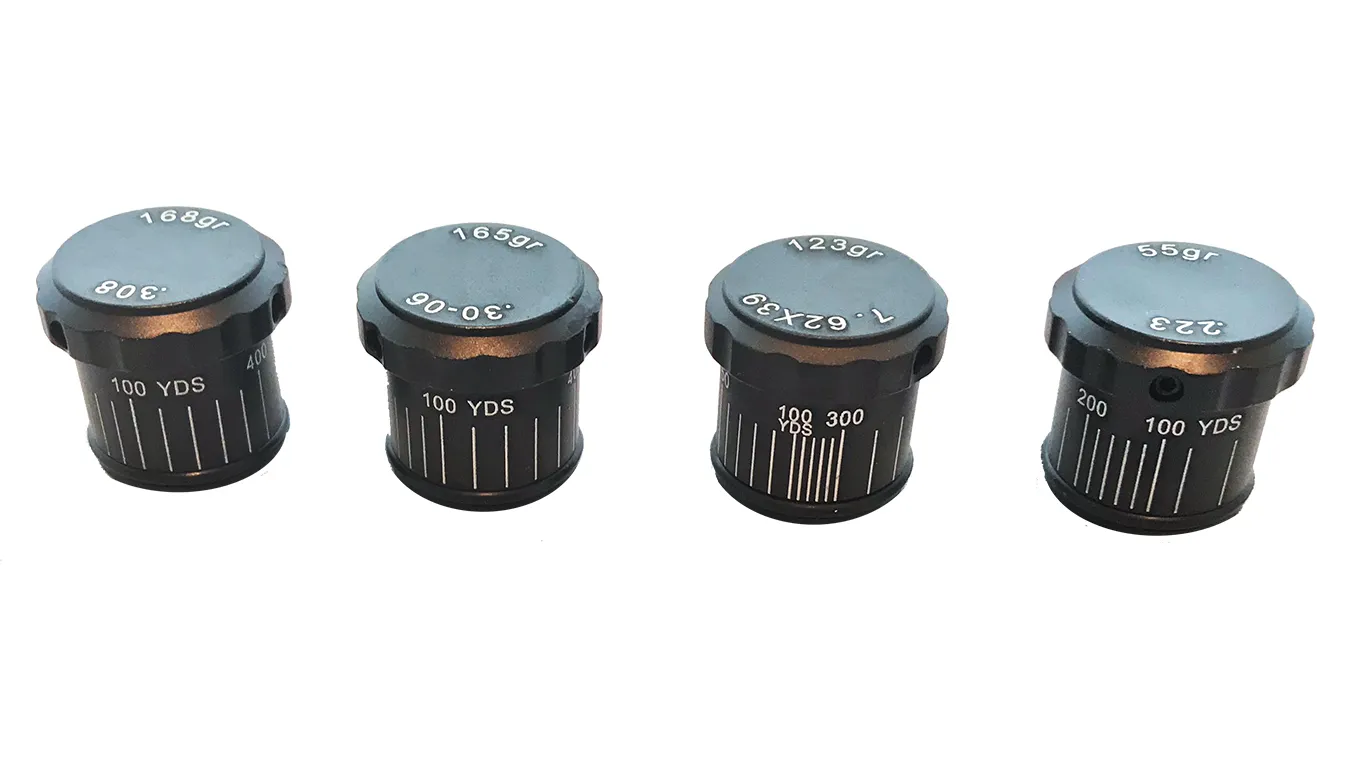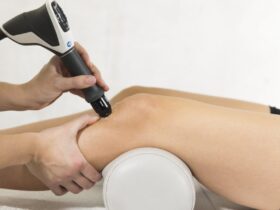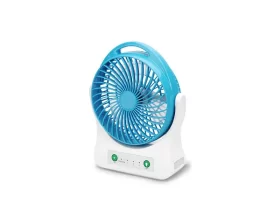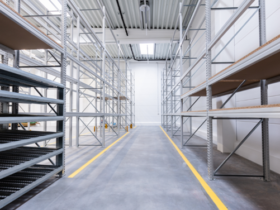In the realm of precision shooting, achieving optimal accuracy is paramount. One crucial tool that enhances shooting precision is the bullet drop compensator (BDC). Whether you’re a competitive shooter or a hunting enthusiast, investing in a high-quality BDC can significantly improve your shooting performance. This article provides essential tips to help you buy a bullet drop compensator that suits your needs.
Understanding Bullet Drop Compensators
A bullet drop compensator is a device designed to help shooters account for the drop of a bullet over distance. By adjusting the trajectory of the bullet, a BDC allows shooters to accurately hit targets at varying distances without needing to manually adjust their sights or aim higher. This technology is particularly useful for long-range shooting where bullet drop becomes more pronounced.
1. Determine Your Shooting Needs
Before purchasing a bullet drop compensator, assess your specific shooting requirements. Consider the following factors:
- Shooting Discipline: Are you engaged in long-range target shooting, tactical shooting, or hunting? Different BDCs are tailored to various shooting disciplines.
- Rifle Caliber: The BDC must be compatible with your rifle’s caliber and ammunition. Ensure that the compensator you choose matches the ballistic profile of your ammunition.
- Typical Engagement Distances: Knowing the typical distances at which you engage targets will help you select a BDC with appropriate range adjustments.
2. Evaluate Compatibility
When you decide to buy bullet drop compensator, compatibility with your rifle is crucial. Ensure that the BDC is designed to fit your rifle’s mounting system. Key aspects to consider include:
- Mounting Type: BDCs come in various mounting types, such as picatinny or weaver mounts. Verify that the BDC you select is compatible with your rifle’s rail system.
- Optics Compatibility: Some BDCs are integrated with scopes, while others are standalone devices. Ensure that the BDC aligns well with your existing optics setup.
3. Consider the Reticle Type
BDC reticles come in different designs, each offering distinct advantages:
- Range-Finding Reticles: These include various hash marks or dots for different distances. They are ideal for shooters who need quick and precise range estimation.
- Adjustable Reticles: Some BDCs feature adjustable reticles that allow you to fine-tune the bullet drop compensation for specific ammunition and distances.
Evaluate the reticle type that best fits your shooting style and needs. Make sure it provides clear markings and is easy to use under different shooting conditions.
4. Check the Durability and Build Quality
A bullet drop compensator must be rugged and durable, especially if used in harsh environments. Look for these features:
- Material Quality: Opt for BDCs made from high-quality materials such as aircraft-grade aluminum or stainless steel. These materials offer superior strength and resistance to recoil.
- Weather Resistance: Ensure the BDC is waterproof, fog-proof, and shock-resistant. These features ensure consistent performance in various weather conditions and rough handling.
5. Assess the Adjustability and Calibration
The ability to adjust and calibrate your BDC is crucial for maintaining accuracy. Consider the following:
- Adjustment Mechanisms: Check the ease of adjusting the BDC for different distances. Some BDCs offer simple turret adjustments, while others may have more complex calibration options.
- Calibration Process: Ensure that the BDC allows for precise calibration according to your specific ammunition and shooting conditions. A BDC that offers easy calibration can save you time and improve accuracy.
6. Read Reviews and Seek Recommendations
Before making a purchase, research and read reviews from other shooters who have used the BDC you’re considering. Their experiences can provide valuable insights into the BDC’s performance and reliability. Additionally, seek recommendations from trusted sources such as shooting coaches or experienced shooters. Their expertise can guide you in selecting a high-quality BDC that meets your needs.
7. Budget Considerations
While it’s essential to invest in a quality bullet drop compensator, it’s also important to stay within your budget. BDCs are available at various price points, so determine a budget that balances quality and affordability. Remember that investing in a high-quality BDC can enhance your shooting accuracy and overall performance.
Conclusion
Buying a bullet drop compensator involves careful consideration of your shooting needs, rifle compatibility, reticle design, durability, and adjustability. By following these essential tips, you can make an informed decision and select a BDC that enhances your accuracy and shooting performance. Investing in the right BDC will contribute to a more enjoyable and successful shooting experience.











